‘Loser’: Rancher Who Bludgeoned Rare, Endangered Mex. Wolf to Death, Stripped of Grazing Permits in Gila Ntl. Forest; Still no Animal Cruelty Charges
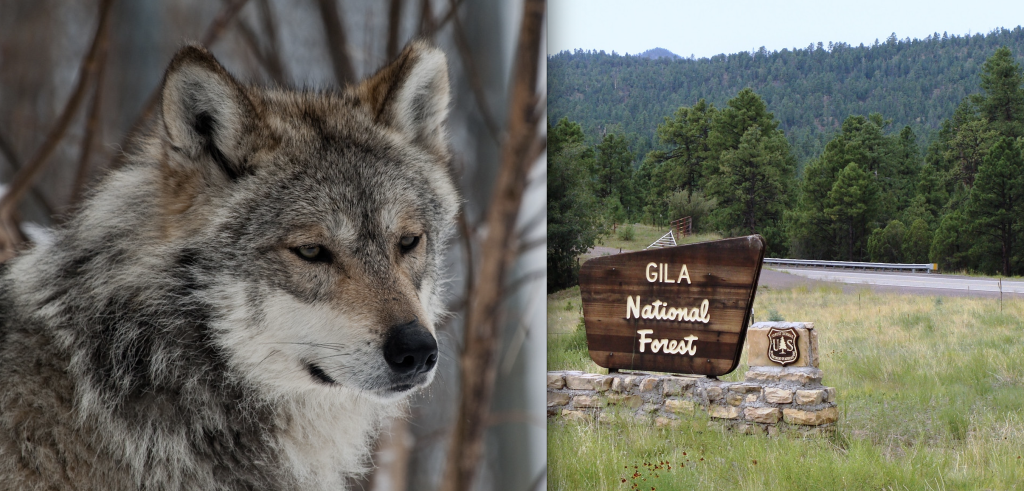
(EnviroNews Nature) — Silver City, New Mexico — In a victory for animal rights activists, on Dec. 28, 2021, the U.S. District Court of New Mexico ruled that wolf-killing rancher Craig Thiessen has been trespassing on the Gila National Forest since he lost his administrative appeal in 2019. That appeal followed the loss of his grazing permit in 2018. This decision comes on the heels of a similar legal defeat for Thiessen and Canyon Del Buey, Inc. in March of 2021, with the duo now owing the U.S. Forest Service (USFS) for abuses on federal land — transgressions the court said violated the Endangered Species Act (ESA).
Thiessen pled guilty to “knowingly taking threatened wildlife” in the case of his bludgeoning of a young Mexican gray wolf. The beloved animal was nicknamed “Mia Tuk” by Albuquerque school child Jaryn Allen in 2015. Medical examinations showed that Mia Tuk’s lower jaw was shattered by the brutal attack. A federal investigation also revealed that the rancher had admitted to trapping and beating a second wolf, though that incident was not included in his guilty plea.
Jaryn Allen was among the dozens of wolf advocates who signed a letter to the supervisor of the Gila National Forest and interim chief of the USFS in 2018, urging that Thiessen’s grazing permit be taken away. The letter stated:
This young male pup was important not just to his family, the Willow Springs Pack; important not just to the Mexican wolf population as explained; not just to an American public rooting for his charismatic and long-persecuted subspecies, the Mexican wolf; but the wolf was also important to the boy who bestowed the animal a name upon birth — “Mia Tuk” — as part of an annual pup-naming contest. Now in sixth grade, Jaryn Allen of Albuquerque has joined this letter in demanding further justice for the wolf he named in 2015.
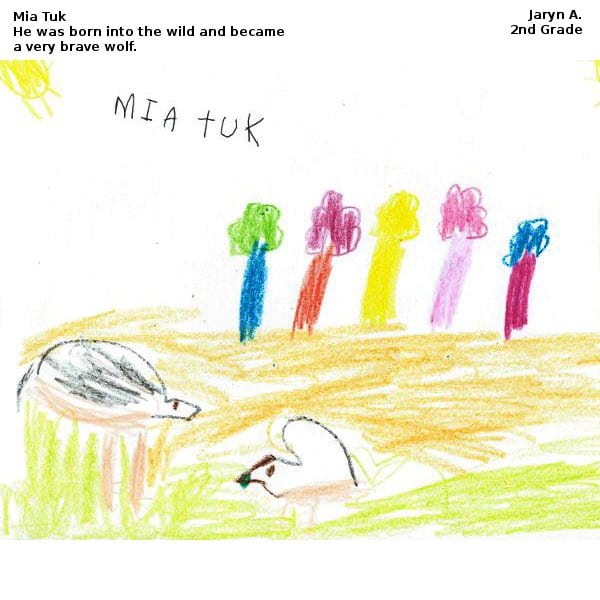
The Mexican gray wolf (Canis lupus baileyi), a.k.a. “el lobo,” is a subspecies of the more widely-known gray wolf (Canis lupus), which has a large range with dispersion in nearly half the lower-48 states. El lobo on the other hand, is extremely rare, and is harbored in only two U.S. states — though four have been designated as part of the Mexican Wolf Recovery Plan. According to U.S. Fish and Wildlife Service (USFWS) official Stephen Guertin,“The Mexican wolf was all but eliminated from the wild by the 1970s due to extensive predator control initiatives.”
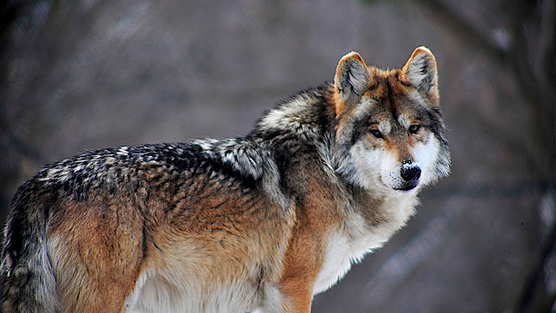
With the advent of the Endangered Species Act in 1973, the government made an aggressive effort to save the species. It was only able to find and capture five Mexican wolves – all from Mexico – and bring them in for a captive breeding program. In 1998, 11 specimens were released into the Blue Range Mexican Wolf Recovery Area in Arizona, marking the return of el lobo to the Southwest. Still, today the total number of Mexican wolves in the wild is only 186 and research has shown that most of the ranchers who have complained about them have never actually seen a lobo.
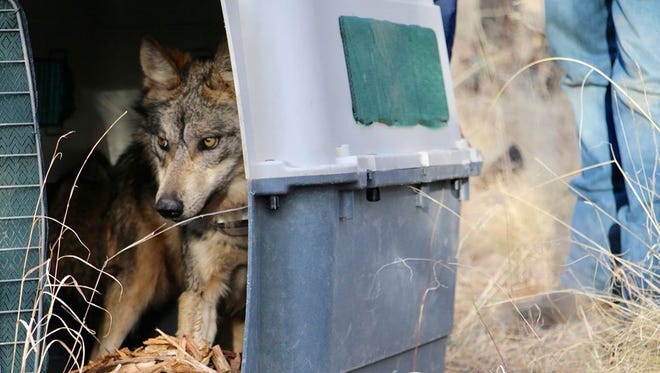
Greta Anderson, Deputy Director of the Western Watersheds Project (WWP), praised the ruling against Thiessen in a press release, saying this:
Grazing permits are a privilege and not a right, and Mr. Thiessen lost that privilege after he pleaded guilty to bludgeoning an endangered young Mexican gray wolf to death with a shovel… While he’s been frivolously suing the agency and trying to use arcane legal theories to retain a grazing permit to the Canyon del Buey allotment, his livestock have been trespassing on publicly-managed lands. The court is correct to order him to pay damages and get off the forest.
In an interview with EnviroNews, Anderson asserted that what makes Thiessen’s crimes against the endangered wolves even more offensive is the fact that he’s been paid hundreds of thousands of dollars over the years in livestock subsidies by the U.S. Department of Agriculture (USDA) for lost livestock due to wolf predation, including $255,299 in 2015, the year he killed Mia Tuk.
In a 2021 in-depth investigative report titled, Cattlemen Tell EnviroNews Ranchers Want Mexican Wolves Killed, Despite Being Paid for Livestock Losses, Jerome Rosa, Executive Director of the Arizona Cattle Growers’ Association, admitted freely to EnviroNews that members in his organization would like to see el lobo eliminated, even though they too, are compensated by wildlife management agencies for livestock losses that come by way of predation. “In areas where we’re having problems, then we need to go to lethal take on those packs,” Rosa told EnviroNews at the time.

“[Mr. Thiessen] and other ranchers tried to assert that they have some kind of entitlement for public lands grazing, that they have a right to it, and that the government doesn’t have any authority to revoke that right. But that very tenuous legal argument has been shot down by the court over and over again,” Anderson told EnviroNews. “His Endangered Species Act plea agreement let him off the hook way too easily because this guy was malicious in killing this wolf.”
Center for Biological Diversity Co-Founder and Board Member Robin Silver concurred with the ruling and further chastised the rancher’s blatant disregard for the endangered wolves and the rule of law.
“Hopefully this ruling will finally end this cruel rancher’s abusive reign of terror on public lands,” Silver said in the joint press release. He added that Thiessen’s ability to continue violating federal regulations since his 2015 crime “speaks volumes about the stranglehold ranchers have over Forest Service managers and why this destructive culture must end.”
In an email to EnviroNews, Silver further blasted Thiessen as a “loser” and went on to point out that he didn’t even have to immediately forfeit his ability to graze cows on public lands. “Thiessen’s permit should have been revoked immediately. In addition, he should have been prosecuted under the New Mexico animal cruelty statutes.”
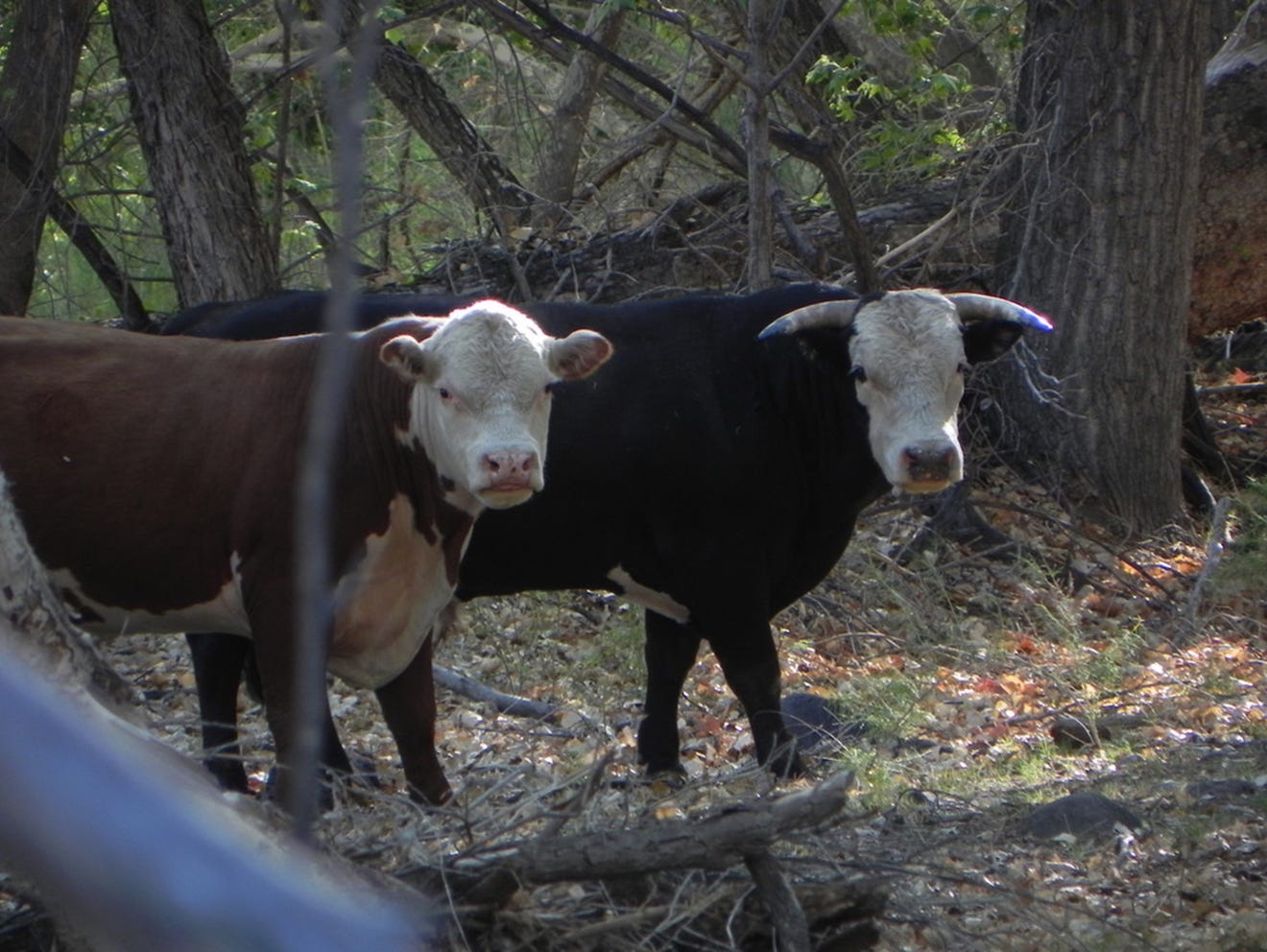
The Western Watersheds Project further lamented the endangered Mexican gray wolves’ struggle for survival when another wolf named Anubis was killed on national forest land in northern Arizona’s Kaibab National Forest, on January 2.
“It’s tragic that Anubis was killed and many of us are grieving his loss, but despite this heinous crime, it is also profound confirmation that northern Arizona should be part of the wolf recovery effort,” WWP’s Anderson said in another press release. “The arbitrary boundary at Interstate 40 is not based on science or suitability but on the continued reluctance of the state game agencies to let wolves be wild and roam wherever they choose.”
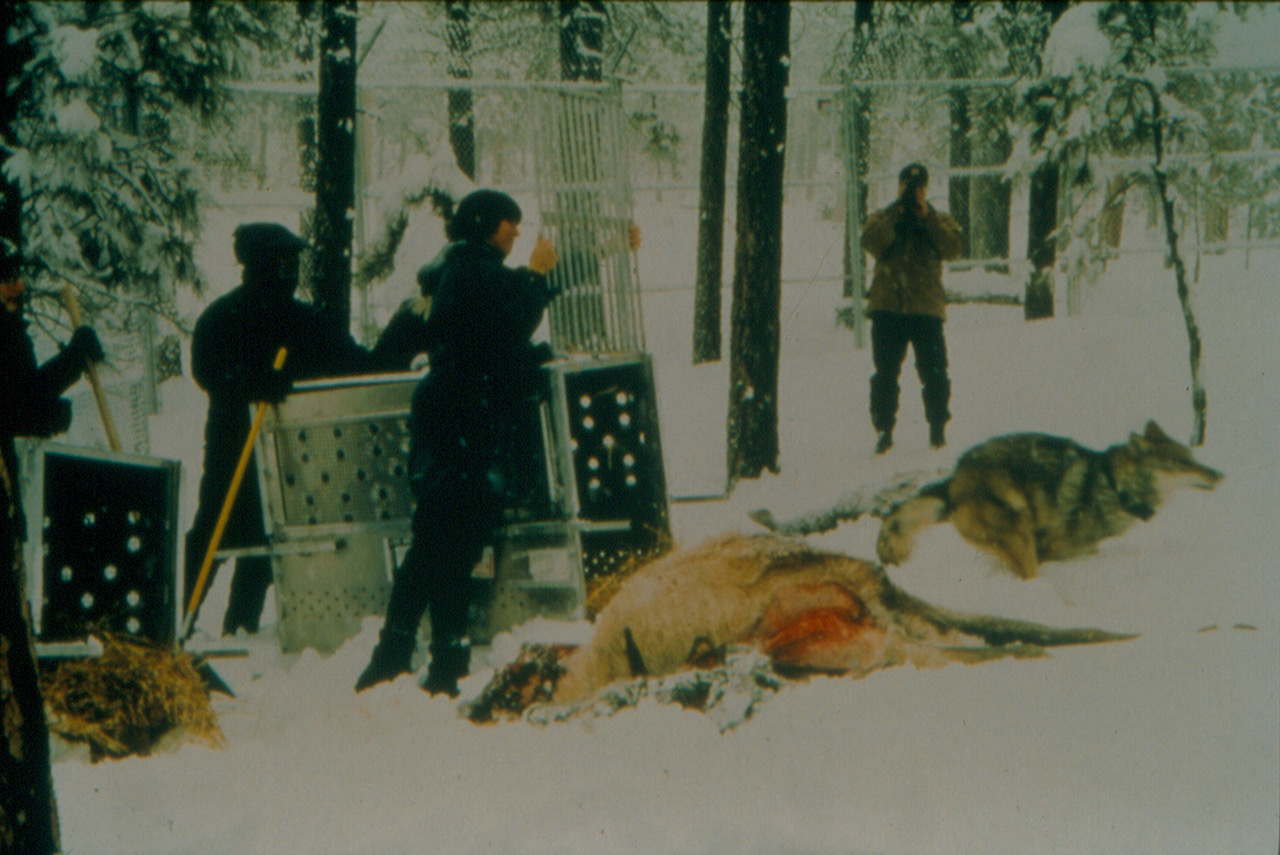
In her interview with EnviroNews, Anderson spoke about how the Mexican gray wolf was brought to the brink of extinction and how the captive breeding and reintroduction program saved the species from doom, but she noted that there was a political decision to classify the species as non-essential and limit it to an experimental population area — a designation that was reinforced and continued by a 2015 rulemaking. The USFWS claims that the non-essential designation for the Mexican gray wolf “allows for greater management flexibility to address conflict situations, such as livestock depredations or nuisance behavior, than if wolves had retained the fully endangered designation.”
But Anderson says lobos warrant critical habitat and a stronger level of protection that requires more oversight. In this scenario, other federal agencies would have to consult with the USFWS to make sure any actions they take wouldn’t jeopardize the survival of the species. “They need to switch the listing designation to essential and acknowledge that this population is the only population that exists in the wild,” Anderson asserted. “It’s irreplaceable and it merits designated critical habitat and Section 7 consultation.”
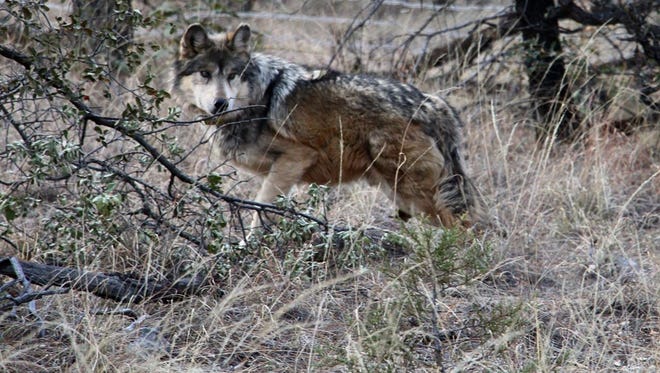
The USFWS is currently in the process of revising its 2015 Mexican gray wolf 10(j) Management Rule, which a federal court found did not rely on the best available science and violated the Endangered Species Act by failing to conserve the animals. A 90-day public comment period continues until January 27. https://mexicanwolves.org/change-10j-now/
Anderson further defended the need to prioritize and defend apex predators — like the Mexican gray wolf – over livestock industry profits, saying this in her interview with EnviroNews:
The livestock industry doesn’t tolerate any threats to [its] profits, which is why predators were exterminated in the first place. But these predators belong on our landscapes – they’re an integral part of the ecosystem, they help the ecosystem function better, and the livestock industry gets a screaming deal grazing on our public lands. And in return they should have to make space for native wildlife.
FILM AND ARTICLE CREDITS
- Greg Schwartz - Journalist, Author



